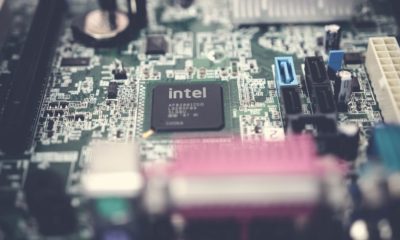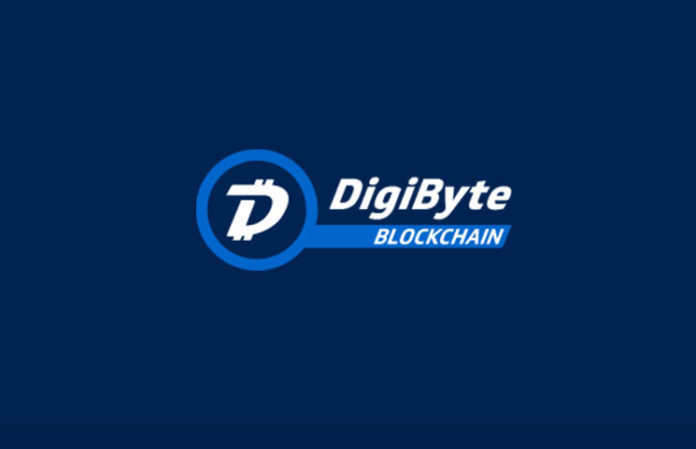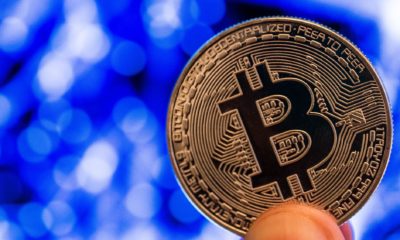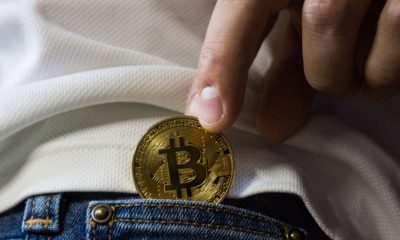Cryptocurrency
Crypto Researchers Concerned About The ‘Centralized Structure’ Of The Binance Smart Chain

Binance Smart Chain has been rising in popularity as interest rates from different parts of the world, including South Korea, sent the network’s transaction records to new highs. However, this has not deterred analysts’ from pointing out the increasing level of centralization within the network. Ryan Watkins, a Messari analyst recently addressed the influence that Binance has on the entire Binance Smart Chain, explaining that most of the commendable progress made on the network is not the result of the implementation of innovative concepts. Rather, it is a product of Binance’s control over the BSC network.
“The reason why BSC is faster and more scalable is not because of some magical technological innovation. No, it’s instead the magic of centralization. BSC is an Ethereum fork with a centralized validator set. That’s it. Nothing more.” He wrote on Twitter.
Unlike some other networks, the Binance Smart Chain has a total of 21 validators (people who verify the transactions and confirm their legitimacy, before adding them to the Blockchain). These validators are handpicked by the Binance Chain, further strengthening the notion that the network may be more centralized than it shows itself to be.
Wilson Withiam rolls out some points to consider, starting with the pattern of resetting active validators, which is determined by the voting power of each validator. He notes that BNB staking and delegation is carried out on the Binance Chain, by Binance Chain validators as well.
In essence, Withiam argues that the pattern of validator distribution across the Binance Smart Chain is questionable as the identities of those behind the nodes in the validator sets are not made transparent. As he puts it “BSC now supports several third-party validators, although at least 5-6 others have close ties to Binance. The distribution of validator accounts is far less clear for Binance Chain.”
To dispute that Binance’s user experience is not ahead of other networks is false, and Withiam agrees with this. Even Watkins acknowledges this as he noted that BSC has fueled mainstream adoption of DeFi “Binance has incredible reach and influence and has used that to funnel a boatload of new users in DeFi. Binance executes period. That’s why BSC is winning.” He asserted.
However, he argues that speed and scalability outside Ethereum without sharding or a centralization can only be legitimately found on the Solana Blockchain. Conclusively, Withiam urges BSC users to poke into the network, enough to understand where the loopholes are.
“For those using BSC, take the time to understand the topology of the network. Sure, the fees and speed (both UX factors) are undoubtedly preferable. But strong censorship resistance and fault tolerance are not part of the package.” He wrote in conclusion.
Cryptocurrency
Cardano’s Charles Hoskinson wants to work with Elon Musk to develop a decentralized social media platform

The Founder of Cardano (ADA) has invited Tesla owner and billionaire, Elon Musk, to work with him in developing the first decentralized social media platform. Charles Hoskinson, who also doubles up as the CEO of Input-Output Global is offering to help Elon Musk achieve his goal of free speech on social media.
The news follows Elon Musk’s acquisition of a stake in Twitter last week. The Billionaire bought 9.2% of Twitter, estimated at $2.89 Billion, and was even offered a seat on the micro-blogging site’s board. However, after deliberations, Elon passed on the offer since it would bar him from owning beyond a certain threshold of Twitter’s shares.
Free speech advocate
Elon Musk is on record for being a passionate supporter of free speech and open internet policies. He has in the past openly accused Twitter of muzzling free speech and open internet use. He recently held a poll that indicated that most users would prefer an edit button on Twitter and said that if he is not allowed to acquire the platform, he would have to reconsider his position as a major shareholder of Twitter.
To actualize this cause, he has offered to acquire the platform for a reported fee of $43 Billion in cash. This intended acquisition has left his critics and supporters talking and would go a long way in helping him bring much-needed changes to Twitter. His intention has however come under fire with his critics, including Dogecoin co-founder, Jackson Palmer saying that Elon Musk is planning a hostile takeover of Twitter.
Hoskinson’s offer to Elon Musk
Upon seeing the opposition against Elon Musk’s plan, Hoskinson wooed Elon to join him in creating a decentralized social media platform. He tweeted:
“@Elon if Twitter rejects your offer, then hit me up. Happy to build a decentralized one.”
This offer follows Elon Musk’s Twitter poll where he sought the opinion of his 80 million followers about a decentralized social media platform. He posited that were he to be barred from acquiring Twitter, he would establish his decentralized platform that would be founded on free speech and open internet.
Elon Musk’s campaign for free speech and open internet has not been welcomed by all. Some of his critics have argued that coating his move with good intentions, his true intention is to get revenge against the SEC for muzzling his Twitter activities.
Cryptocurrency
Thailand Outlaws The Use Of Crypto For Payments

- The SEC in Thailand has banned crypto payments in the country.
- Its new decision is expected to become enforceable in April.
- The SEC reiterated that the government still maintained support for the blockchain industry, clarifying that the decision does not affect crypto investments.
The Securities Exchange Commission today has placed restrictions on crypto as a means of payment. They believe that it poses risks to the nation’s financial stability.
Crypto Payments Outlawed
Thailand’s SEC today has outlawed the use of crypto as a medium of exchange in the country. The regulators came up with this decision after discussing the benefits and inherent risks from crypto and blockchain technology with the country’s central bank, the Bank of Thailand (BOT).
They concluded that the use of cryptocurrencies for payment was potentially harmful to the country’s financial stability and economy. Price volatility, risks of theft, and potential use cases in money laundering were amongst the reasons cited by the SEC that led them to this decision.
The SEC report read, “the use of digital assets as a medium for payment of goods and services Because it may affect the stability of the financial system and the overall economy. including risks to people and businesses such as the risk of loss of value caused by price volatility Risk of Cyber Theft Risk of personal data leakage or being used as a tool of money laundering.”
As per the SEC’s new decision, crypto service providers and vendors or merchants in the country are encouraged to stop providing or facilitating such services. Suppose a crypto service provider discovers that a customer has used its services to make payments. In that case, the service providers are to inform the SEC and restrict activities on the said account.
The SEC’s new ruling is to take effect from the 1st of April. However, businesses that already offer such services would be given till the end of April to cease such operations. The crypto market in Thailand has grown massively over the last couple of years. As per a Bloomberg report, government data estimates that Thai citizens hold about $3.4 billion in crypto assets.
Crypto Investments Not Affected As The Thai Government Still Supports Blockchain Technology Innovation
The SEC in their release, clarified that the restriction was only on using cryptocurrency as a means of payment and in no way affected citizens investing in crypto. It was stated that “digital asset traders/investors can carry out normal investment/trading related transactions.”
The SEC also maintained that the government still supported blockchain technology and was working to provide a regulatory environment where innovation can be encouraged in the industry. Recall that earlier this month, the country had offered tax incentives to investors and businesses in the crypto industry.
“… the BOT and the SEC, as well as other government agencies, see the benefits of various technologies behind digital assets such as blockchain and emphasize and support the use of technology to further innovation.”
-

 Cryptocurrency5 years ago
Cryptocurrency5 years agoRipple Sends $26 Million Worth of XRP to Jed McCaleb, XRP Army Fears Another Dump in Price
-

 Cryptocurrency5 years ago
Cryptocurrency5 years agoChina Is Set To Launch A Legal Cryptocurrency In The Second Half Of 2019
-

 Cryptocurrency5 years ago
Cryptocurrency5 years agoHODLers Plead With Ripple Inc. Not To Dump XRP Tokens Anymore
-

 Blockchain5 years ago
Blockchain5 years agoThe Future Of Publishing With Blockchain, Steemit vs. Publish0x
-

 Cryptocurrency5 years ago
Cryptocurrency5 years agoIntel’s 10th Generation Processors: A Hard Pick From a Buyer’s Point of View
-

 Cryptocurrency5 years ago
Cryptocurrency5 years agoHow to Exchange and Withdraw Digibyte to Bitcoin/Ethereum on any exchange platform
-

 Cryptocurrency5 years ago
Cryptocurrency5 years agoWhy Bitcoin Is Better Than Other Cryptocurrencies
-

 Cryptocurrency5 years ago
Cryptocurrency5 years ago40% Of Bitcoins Are Stored On Wallets With A Balance Of Over 1000 BTC













